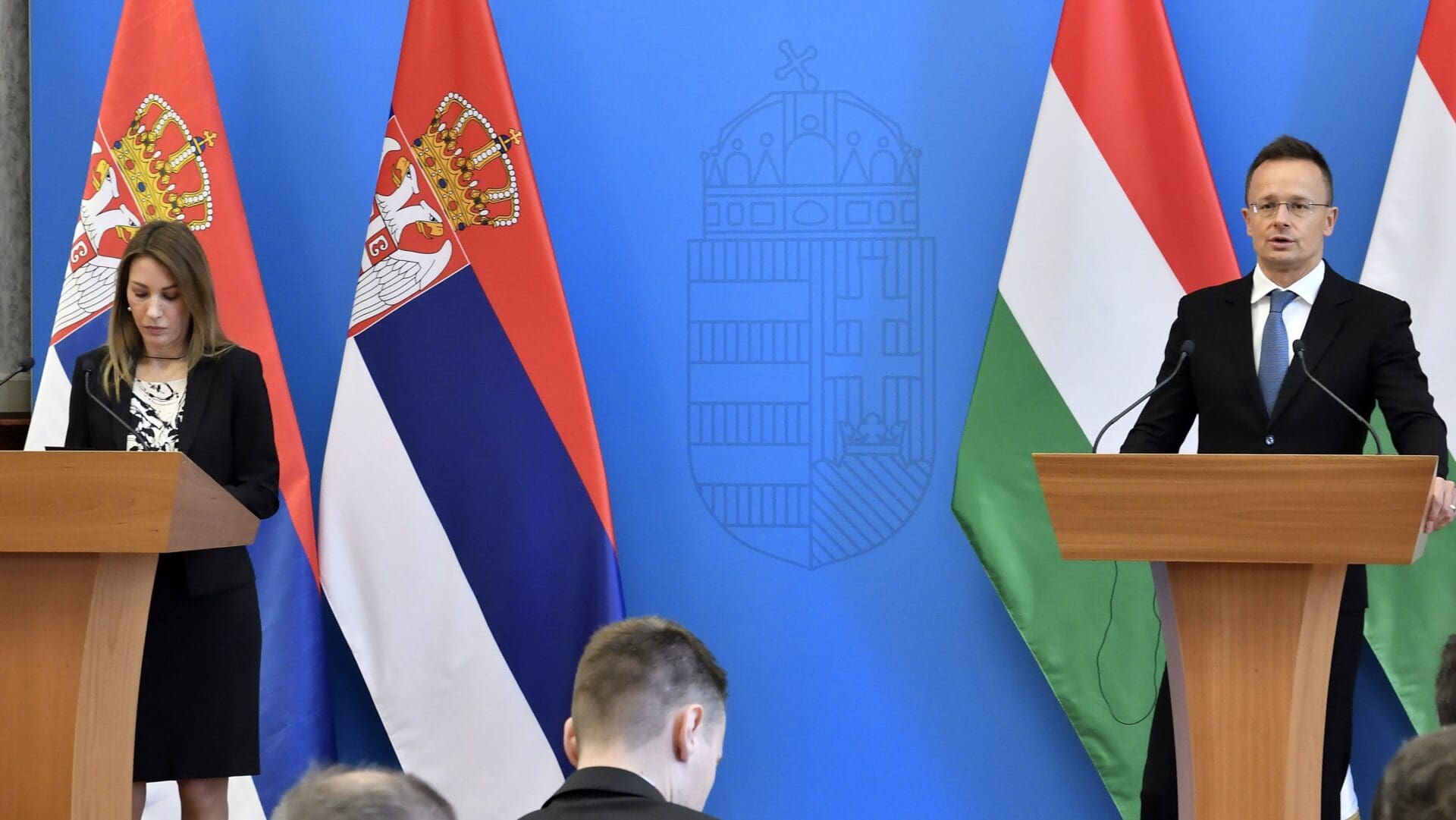Minister of Foreign Affairs and Trade Péter Szijjártó announced on Thursday that Hungary and Serbia are preparing to cooperate in building a new crude oil pipeline to strengthen the security of supply.
These plans come as no surprise, since last year in October, Ana Brnabić, the prime minister of Serbia announced that her government’s plan is to overhaul Serbian energy strategy, and one of the main goals would be to develop a pipeline linking Serbia and Hungary.
Negotiations between the Hungarian oil and gas company MOL and Serbian transport company Transnafta are under way regarding a pipeline that is set to connect Algyő in southern Hungary and Novi Sad (Újvidék) in northern Serbia.
At a joint press conference with Serbian energy minister Dubravka Đedović, Péter Szijjártó stressed that Europe is facing serious challenges due to the war in Ukraine. He added that the demand for energy has increased significantly since the reopening of the Chinese economy. He said that LNG capacities have not yet been developed to the extents where they could make up for the loss of 60 million cubic metres of Russian natural gas on the European market.
‘Hungarian-Serbian strategic energy cooperation is one of the guarantees that Hungary’s supply will remain secure in the next period,’ he said. He emphasised that Hungary receives 9–15 million cubic metres of gas daily through the TurkStream pipeline from Serbia, and the country is a possible and likely delivery route for the gas Hungary is planning to buy from Azerbaijan.
Therefore, Hungary is interested in the development of Serbia’s internal network and considers it a European issue. Thus,
Hungary expects the EU to help in financing the infrastructural developments in the region,
in order to allow Central Europe to access alternative sources of energy.
Szijjártó underlined that a framework agreement has already been reached, so Hungary will store 500 million cubic metres of gas for Serbia in its storage facilities this year. Furthermore, the energy company MVM and Srbijagas are set to establish a joint company to carry out joint gas trade activities, thereby strengthening the presence of both countries on the Central European energy market.
Szijjártó also welcomed the fact that the new cross-border power line construction is progressing according to schedule. Once the line is finished, the transport capacity will be doubled. The construction is expected to be completed by 2028, he added.








